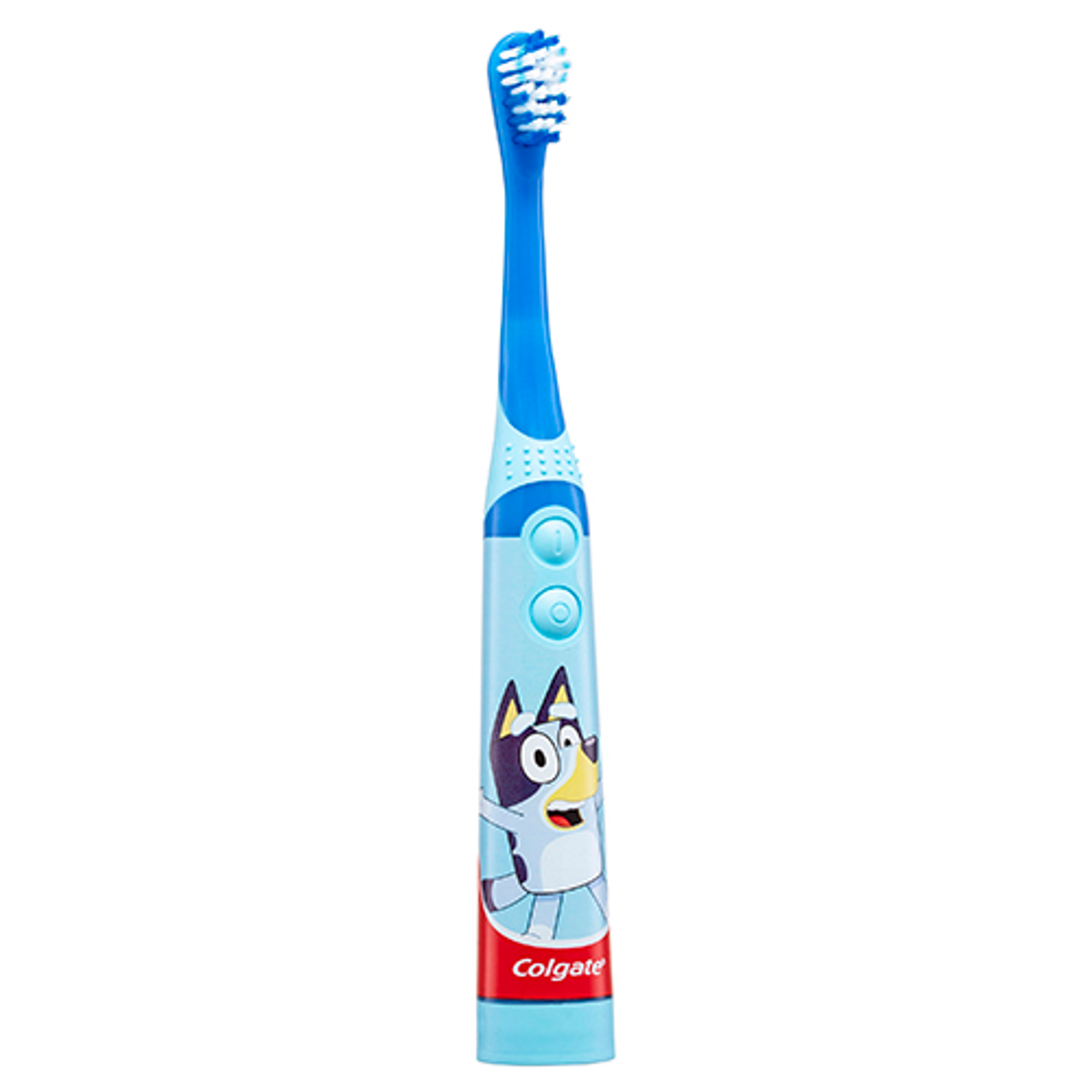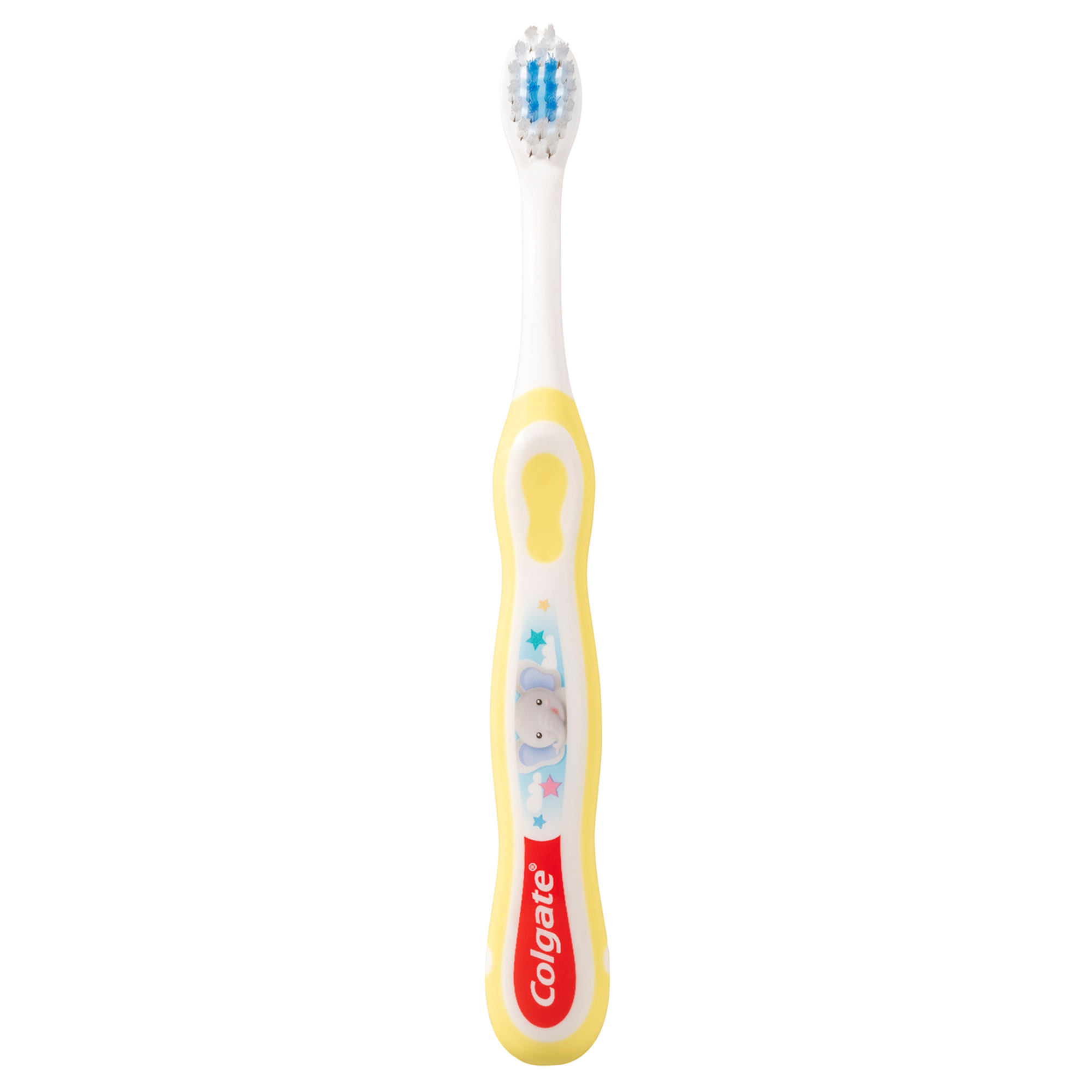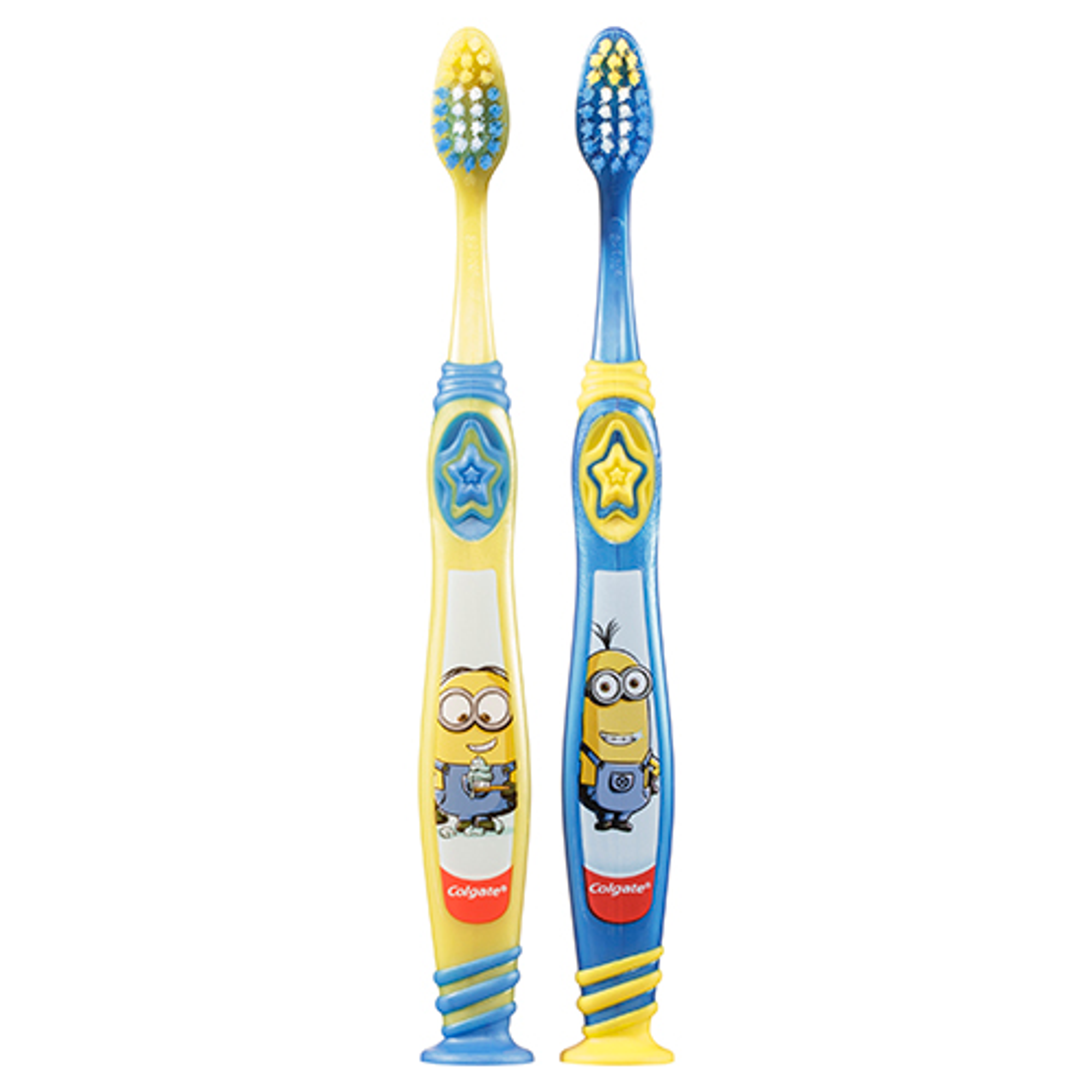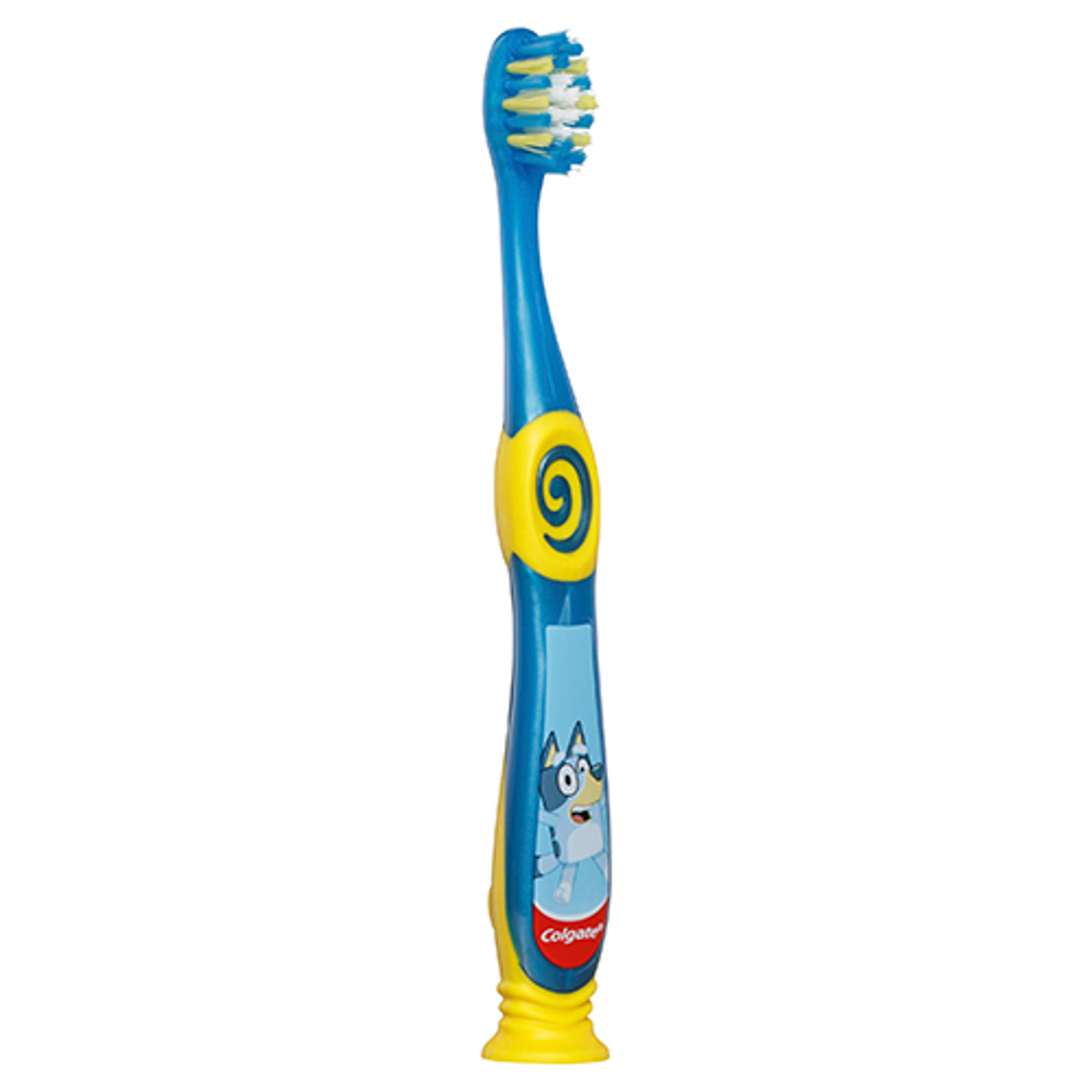Prenatal
Follow these steps for a healthy mouth.
- Have a dental check-up – Get your teeth cleaned and checked. Be sure to get any necessary dental work done.
- Brush twice a day – Brush at least twice a day with fluoride toothpaste. Be sure to put the bristles of the toothbrush where the teeth and gums meet. This is where gum disease starts. Looking after your gums and keeping them healthy is very important.
- Floss daily – Floss daily to clean between the teeth where a toothbrush cannot reach.
- Limit the number of times you eat sweet snacks each day – Sweet snacks can cause "acid attacks” on your teeth. Drink fewer sugary drinks and eat fewer sweets. Eat more fruit and vegetables and drink plenty of water.
- Seek prenatal care – Follow the advice of your health care professional. This is important for your health and the health of your baby.
- Get adequate calcium – You need calcium for your baby's teeth and bones. Calcium can be found in milk, cheese, dried beans, and leafy green vegetables.
0-6 months
Babies need healthy teeth to eat, talk, and smile. Here are some ways to protect your baby's smile.
- Avoid putting baby to bed with a bottle – Leaving a baby with a bottle for extended periods of time can cause lots of cavities. If you breast-feed, avoid letting baby nurse continuously. Any liquid except water, even milk and juice, can cause cavities. If you think your baby needs to suck on something while sleeping, try a pacifier or a bottle with only water in it.
- Fluoride – Fluoride prevents cavities and makes teeth stronger. As soon as the first baby teeth appear, it is time to start cleaning them with a small, soft toothbrush and fluoride toothpaste with the right amount of fluoride in it. This will help prevent cavities. If your water does not have fluoride in it, or if you use bottled water, talk to your dental professional about other ways to get fluoride protection.
Preventing early childhood cavities
Early childhood cavities can result in, pain, infection, early tooth loss, speech problems and loss of self-esteem. Early childhood cavities can be prevented. Here are a few tips:
- Avoid putting baby to bed with a bottle or letting baby nurse continuously
- The only liquid that will not harm your baby's teeth is water.
6-18 months Here are four ways to protect baby's smile.
- When baby is between 6-12 months, begin using a sippee cup.
As soon as baby begins reaching for your jewellery and holding toys, it is time to introduce a sippee cup for infants. It may be messy at first, but keep at it. Baby will love learning this new skill! - Avoid letting baby walk around with a bottle.
Prolonged exposure to the bottle can lead to a serious condition known as early childhood cavities. - Clean baby's teeth daily.
When the baby teeth begin to erupt at about 6 months, you should clean baby's teeth every day with a small, soft toothbrush. The best position will probably be for you to sit down and hold baby in your arms. You can also sit on the floor and lay baby's head in your lap. Check baby's teeth for cavities. Lift baby's lip and look at the teeth. If you see brown spots or chalky white spots, call your dentist. - Visit the dentist.
Once baby reaches his or her first birthday, it is time to take baby for their first dental visit!
18-24 months
These are three important ways to protect your toddler's smile.
Limit the number of times toddler eats snacks each day.
Avoid giving your child, sweets, fizzy drinks and starchy foods like crisps and biscuits. These snacks can cause cavities.
Avoid constant snacking.
Every time your child eats a sweet or starchy food or drink, there is an "acid attack" on the teeth. The more "acid attacks", the more cavities. If you decide to offer a sweet or starchy food, give it at mealtimes.
Bottle feeding for long periods of time or while sleeping can lead to tooth decay. This decay can cause pain and infection and also ruin your child's beautiful smile!
Snack List for Healthy Teeth.
Love your children by giving them teeth-healthy snacks.
• Fruit
• Vegetables
• Sandwiches
•Cereal with milk
• Cheese
• Yoghurt
• Water
• Milk
Limit snacking to 2-3 times per day. Clear snacks away after 10-15 minutes.
Brush twice a day.
Brush toddler's teeth after breakfast and before bedtime. Use a soft, child-sized toothbrush to clean the teeth and gums. Use a "pea-sized" dab of fluoride toothpaste on the toothbrush and encourage your child to spit out after brushing.Remember, the dentist is your partner!
After the first check-up at age one, your child should visit the dentist regularly.
Before you go, you may want to play dentist with your child. Use a flashlight and mirror and count each other's teeth. Read books to your child about going to the dentist.
Remind your child what will happen during the dental visit. You might say, "The dentist wants to see you again, and maybe take a picture of your teeth!" Keep the message positive.
This article is intended to promote understanding of and knowledge about general oral health topics. It is not intended to be a substitute for professional advice, diagnosis or treatment. Always seek the advice of your dentist or other qualified healthcare provider with any questions you may have regarding a medical condition or treatment.













